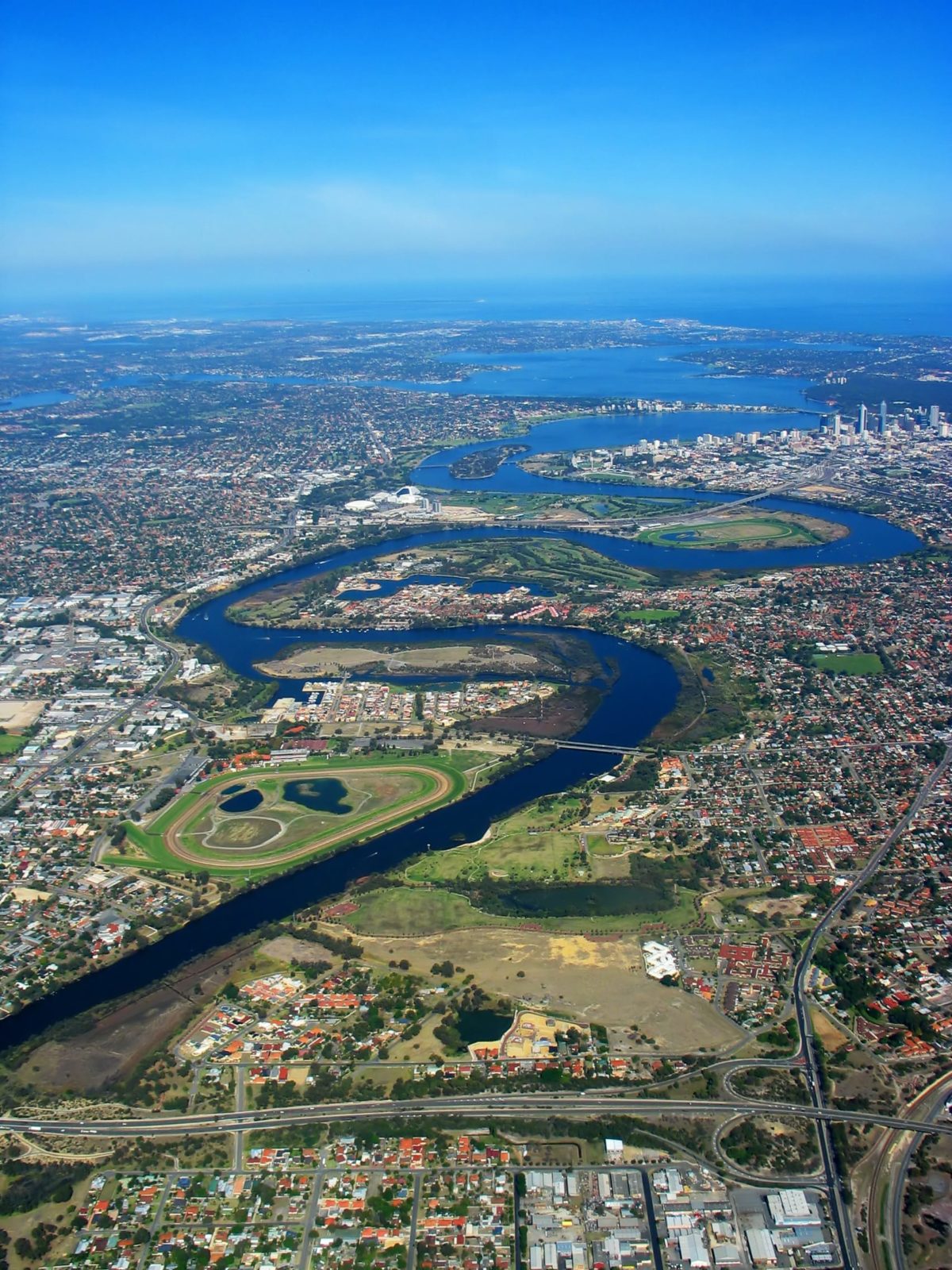
Benchmarking and decision-making
Shared frameworks to evaluate water sensitive city goals
To enable the transition to water sensitive cities, evaluation frameworks should be used that correspond with an organisation's desired goals for a water sensitive city. The goals should be shared by different sectors and levels of government, to promote coordination, to help set priorities, and to clarify responsibilities.
We know this is important because…
… urban planning and water system design are typically undertaken in separation from each other, making integrated water solutions difficult.
To assist you, we have:
- developed tools for industry use, as well as a range of models and frameworks, which will assist in collaborative planning and design of water sensitive cities;
- demonstrated the use of these models through case study application; and
- developed capacity building training and guidelines to support the adoption of the models.
Examples of where we have helped develop benchmarking and evaluation frameworks include:
- providing guidance on how to assess a city's current state of water management and how to develop strategies to transition towards a water sensitive city;
- applying the Water Sensitive Cities Index in Perth, Australia; and
- applied the Water Sensitive Cities toolkit in real industry contexts such as for Aquarevo and Ripley Valley.
Understanding the cost-benefit for non-market values
To enable the transition to water sensitive cities, cost–benefit analyses should consider and quantify externalities or non-market values of water services such as social and environmental benefits. Investments should be based on the highest value option that incorporates market and non-market benefits as well as citizen preferences.
We know this is important because:
Australian towns and cities often try to meet twenty-first-century challenges by re-investing in nineteenth-century strategies that are now recognised as economically and environmental inefficient and ill aligned with community values and expectations. Without the inclusion of environmental and social benefits into economic evaluation frameworks used in water-related decision making, it will remain difficult to change the status quo.
To assist you, we have:
- sought to understand the drivers behind water sensitive outcomes and their economic value to allow development of economic evaluation frameworks that help promote water sensitivity;
- enhanced the understanding of the economic value of water sensitive outcomes; and
- developed guidance and data to help the use of economic valuation frameworks in water-related decision making by industry.
Examples of where we have helped consider and quantify externalities and non-market values of water services include:
- providing advice on ranking water sensitive projects.
